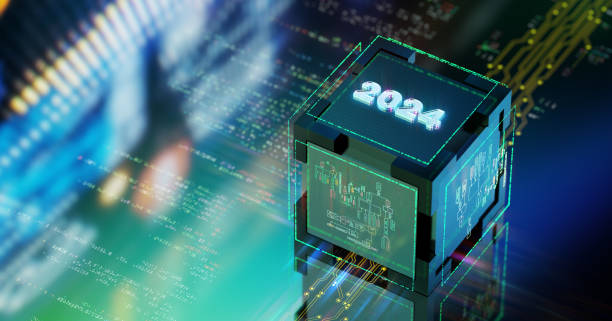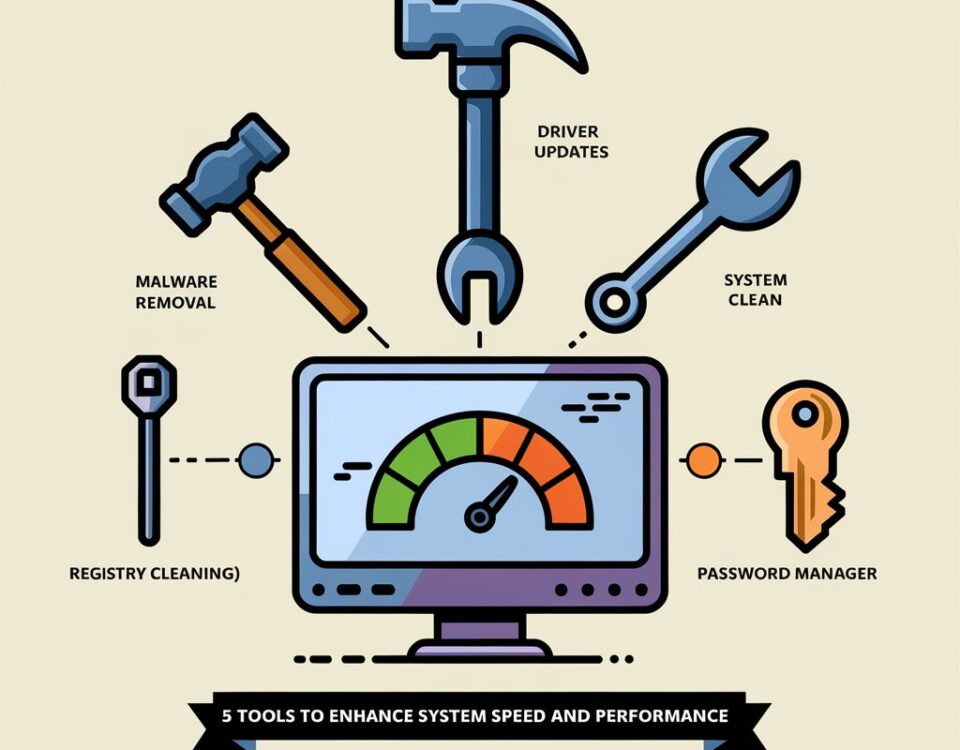
How to Enhance Your Online Store with AI and Machine Learning
June 13, 2024
How Blockchain is Revolutionizing Supply Chain Management
June 13, 2024The Future of Wearable Technology
Wearable technology has evolved from niche gadgets to mainstream devices that seamlessly integrate into daily life. From smartwatches and fitness trackers to augmented reality glasses and smart clothing, these innovations are reshaping industries and consumer behaviors alike. Here’s a glimpse into what the future holds for wearable technology and its implications.

Evolution of Wearable Technology
- Healthcare Applications: Wearable devices monitor vital signs, track fitness metrics, and even diagnose medical conditions, empowering individuals to take proactive control of their health.
- Augmented Reality (AR) and Virtual Reality (VR): AR glasses overlay digital information onto the physical world, while VR headsets immerse users in virtual environments for gaming, training, and simulations.
- Smart Clothing: Embedded sensors in clothing monitor biometric data, enhance performance in sports, and provide real-time feedback on posture and movement.
Future Trends in Wearable Technology
- Health Monitoring: Advanced sensors will enable continuous health monitoring, detecting early signs of illness and providing personalized healthcare recommendations.
- Enhanced Connectivity: Wearables will seamlessly connect with other devices and networks, facilitating data sharing and improving user experiences.
- Integration with AI: AI algorithms will analyze data collected by wearables to offer personalized insights, predictions, and recommendations.
Impact on Industries and Consumer Behavior
- Fitness and Wellness: Wearable fitness trackers and smart clothing are motivating individuals to adopt healthier lifestyles by setting goals and tracking progress.
- Healthcare: Wearable devices are transforming patient care by enabling remote monitoring, improving treatment adherence, and reducing hospital visits.
- Retail and Marketing: Wearables will enable personalized shopping experiences, with AR glasses allowing customers to visualize products in real-time.
Challenges and Considerations
- Privacy and Security: Protecting sensitive health and personal data from cyber threats and unauthorized access remains a critical concern.
- Battery Life and Durability: Enhancing battery performance and ensuring device durability are essential for widespread adoption and user satisfaction.
- Ethical Implications: Addressing ethical concerns surrounding data ownership, consent, and the use of AI in making decisions based on wearable data.
Innovations Driving the Future
- Flexible Electronics: Advances in flexible and stretchable electronics will pave the way for comfortable, form-fitting wearable devices.
- Bioelectronic Devices: Wearables will integrate with the human body, enhancing sensory capabilities and enabling new forms of interaction and communication.
- Environmental Sensors: Wearables equipped with environmental sensors will monitor air quality, UV exposure, and other environmental factors affecting health.
Conclusion
The future of wearable technology is poised to revolutionize how we live, work, and interact with our surroundings. As innovations continue to evolve, wearables will become more intelligent, personalized, and seamlessly integrated into everyday life. Embrace these advancements to unlock new possibilities in healthcare, entertainment, education, and beyond. Stay informed and prepared to harness the full potential of wearable technology in the years to come.




